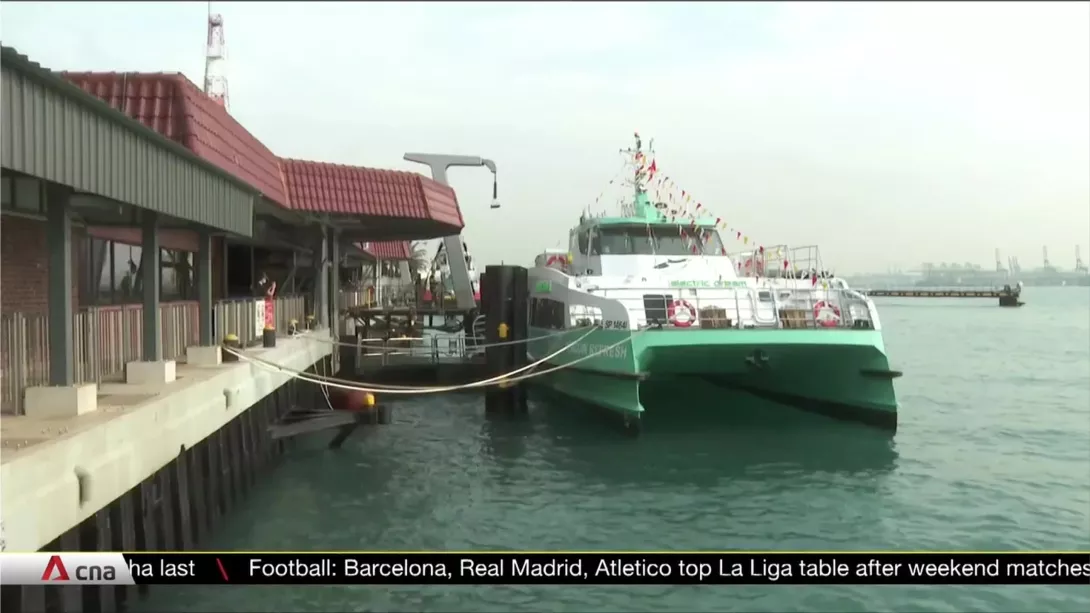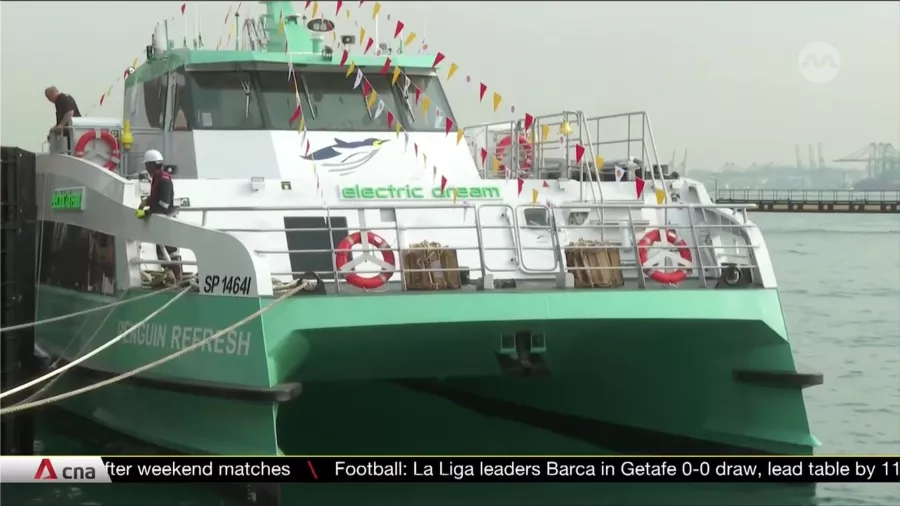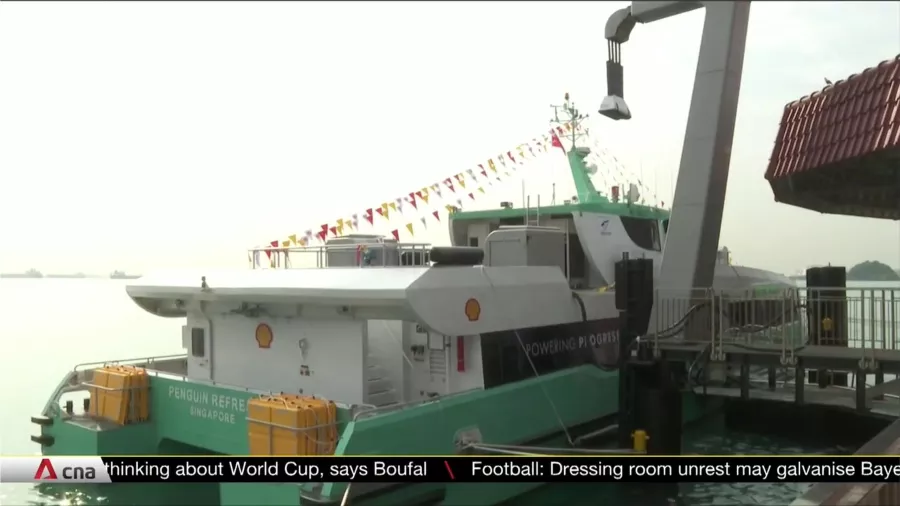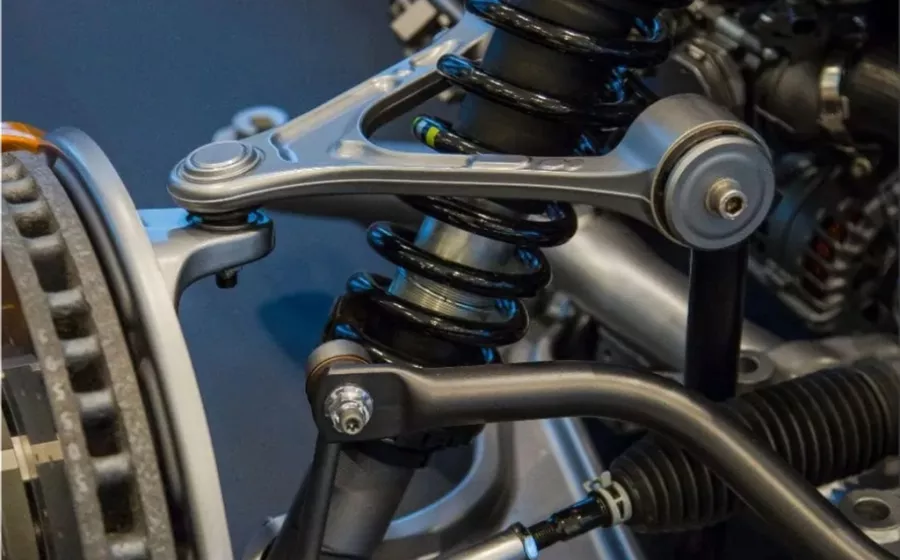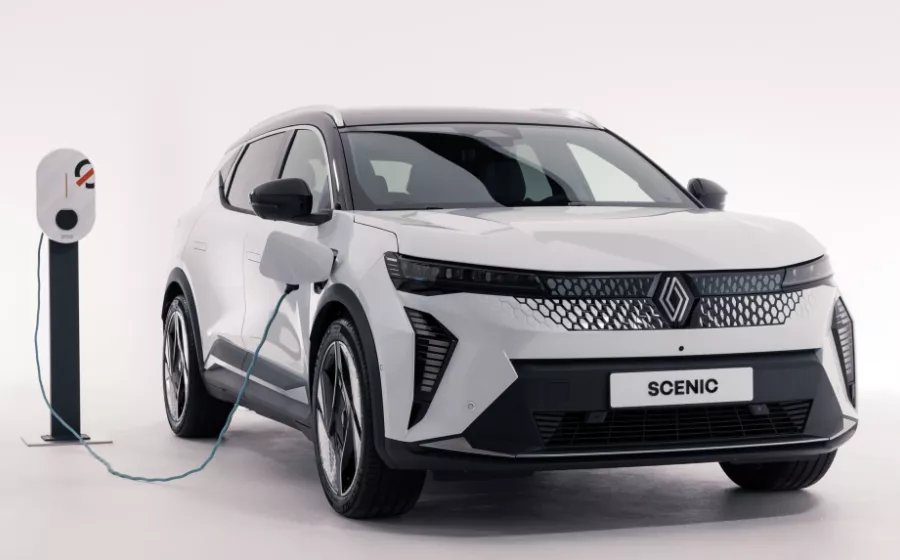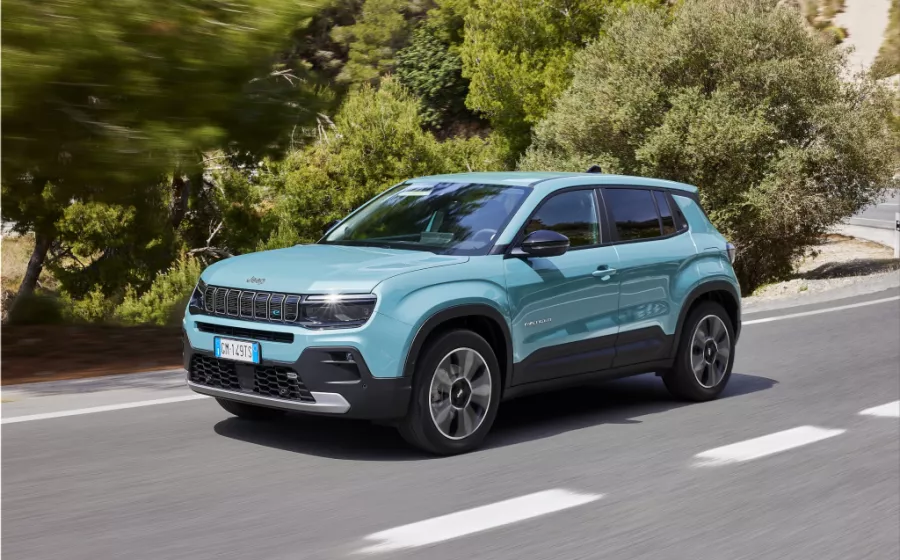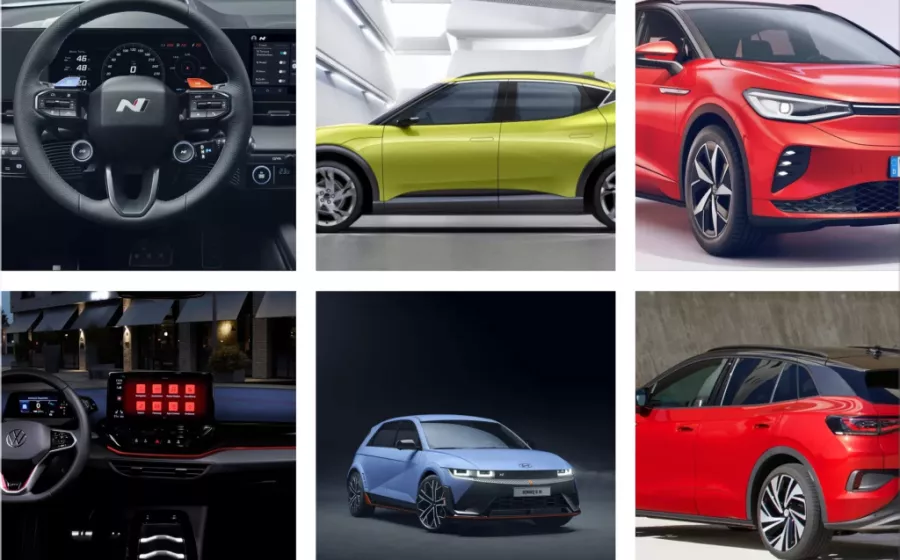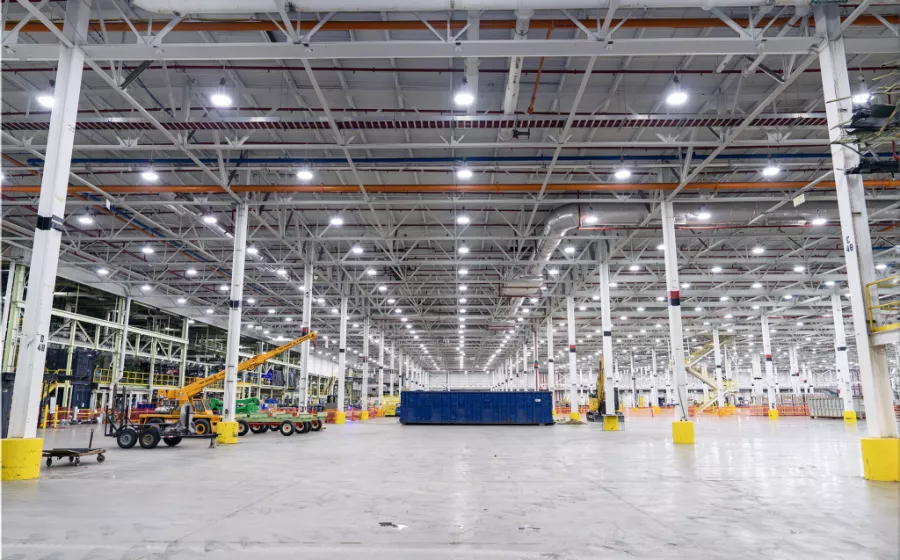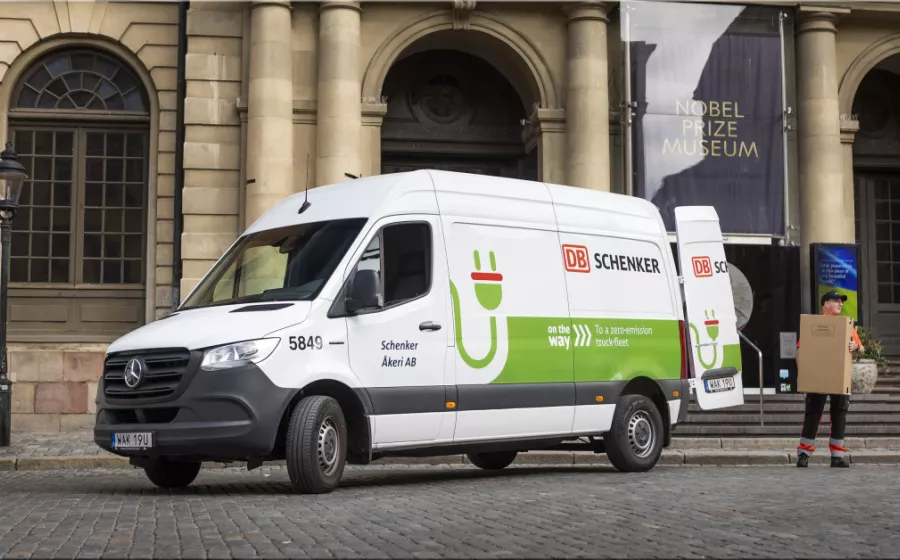Singapore is known for being a global hub of trade, finance, and innovation. But it is also home to one of the world's busiest ports, handling over 36 million TEUs (twenty-foot equivalent units) of cargo and more than 130,000 vessel calls annually. With such a high volume of maritime activity, the city-state faces significant challenges in reducing its greenhouse gas emissions and improving its air quality.
That's why Shell, one of the world's largest energy companies, has decided to launch a fully electric ferry service in Singapore during the first half of 2023, a move that marks a first for both Shell and Singapore. Shell says it has awarded a contract to Singapore's Penguin International Limited, a leading designer and builder of aluminum high-speed craft, to design, build and operate at least three fully-electric ferries as part of the project.
The new 200-seater single-deck ferries will be used to transport passengers between mainland Singapore and Shell's Energy and Chemicals Park on the island of Bukom, replacing the conventional diesel-powered ferries currently in use. The approximately 5.5-kilometer-long ferry route off the Straits of Singapore is a busy connection that transports around 3,000 passengers daily or an estimated 1.8 million passenger trips annually.
A lithium-ion battery system powers the fully-electric ferries with a capacity of 1.2 MWh and runs at speeds of over 20 knots with zero emissions and noise. When berthed at Shell Bukom, the ferries will be charged via a combination of fast charging during peak hours, and slow charging during off-peak hours and overnight.
"Shipping's future will involve different parts of the sector using different fuels, and electrification is a solution to decarbonise short voyages, including port operations," said Nick Potter, General Manager of Shell Shipping and Maritime, Asia Pacific & Middle East. "Switching to zero-emission, fully-electric ferries is part of Shell's ambition to help accelerate progress towards net-zero emissions in the shipping sector. I thank Penguin and the Maritime and Port Authority of Singapore in supporting this shared ambition."
Penguin International Limited is no stranger to electric propulsion. The company has been developing its own electric ferry project called Electric Dream since 2019, intending to create a commercially viable zero-emission vessel for Singapore's waters. The company has partnered with Incat Crowther UK, a naval architecture firm specializing in high-speed craft design, and Razor Blunt Labs, a local technology start-up focusing on marine electrification solutions.
"Our privately funded Electric Dream project is much more than just electric ferries and shore chargers," said James Tham, Managing Director of Penguin International Limited. "It is Singapore's first real-world commercial application of marine electrification. Penguin and our project partners Incat Crowther and Razor Blunt Labs have designed a safe, reliable, end-to-end solution that meets Shell's standards."
The Maritime and Port Authority of Singapore (MPA) has also welcomed Shell's initiative to lower the carbon footprint of its local harbour craft and port operations. The MPA has announced that all new harbour craft operating in its waters will have to be electric or run on biofuels or net-zero fuels from 2030 onwards.

